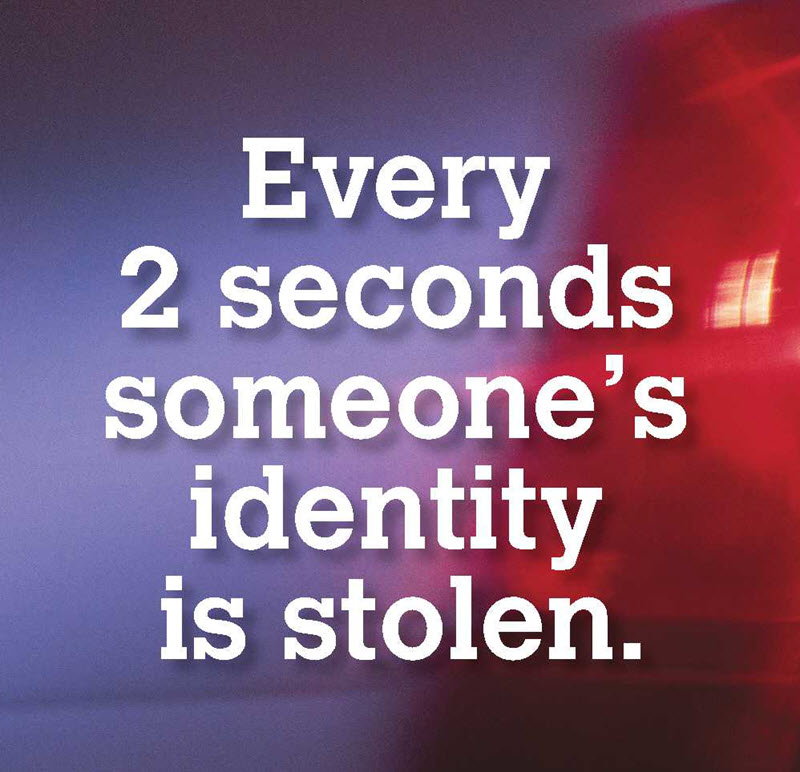AARP Hearing Center

Thanks to the Iowa Attorney General for their ongoing consumer fraud tips. Here's the latest information on protecting yourself from identity theft. For more tips and resources, visit the AARP Fraud Watch Network.
Identity theft is a crime. It occurs when someone steals or somehow acquires your personal information for financial gain, fraud or deception. With your personal information, a criminal can assume your identity, withdraw funds from your accounts, make credit card purchases in your name, or even commit crimes while using your identity.
If you’re an identity theft victim, the consequences can range from a minor inconvenience to devastating long-term financial losses and personal impacts. Identity theft can affect your ability to obtain future credit and loans, housing, and perhaps even employment.
How Identity Thieves Operate
There are many ways identity thieves operate. There are tried-and-true pickpockets and burglars, those who search through trash, those who use trickery on the phone, and savvy high-tech criminals who steal data through malicious software (malware) or websites. And then there are criminals who don’t target you specifically, but target your data that’s stored elsewhere.
Protect Yourself
First and foremost, treat your personal information as you would treat a stack of cash—protect it.
• Don’t carry your Social Security card with you, and don’t carry credit cards or financial documents that you don’t use away from home. Keep them in a safe place.
• Shred documents that contain personal or financial information.
• Don’t give personal or financial information to any caller who asks you to provide or confirm it. Since criminals can “spoof” caller-ID to make any name and number appear on the display, don’t rely on your caller-ID device to verify who is calling.
• Don’t respond to unsolicited emails that request personal or financial information. The email may be what’s called a phishing scam that seeks to convince you to provide personal or financial information.
• If you receive an email warning that there is a problem with a financial account, don’t click on attachments or links--they could install malware into your computer. If you receive such a notice, contact your financial institution using contact information listed on billing statements, a phone book, or an Internet search engine.
• If you provide personal or financial information to a website that you know is legitimate, make sure that the prefix contains an “s” (https://), which ensures it’s secure.
If You’ve Been Victimized
• If you are the victim of identity theft, act as quickly as you can. Start by contacting any company that holds an account of yours that you know or suspect was compromised. Change your passwords and PINs.
• Contact the three major credit reporting agencies, which are Equifax, Experian, and Trans Union. Notify their fraud units of the identity theft and ask them to place a “fraud alert” in your file. A fraud alert, which is free, makes it harder for anyone to open new accounts in your name. Request your credit report and review it right away.
• File a report with your local police department or sheriff’s office. Ask for a copy of the report you filed, which you may need to provide to your creditors and financial institutions.
• Report the identity theft to the Federal Trade Commission (FTC) at www.identitytheft.gov or 1-877-438-4338. The FTC will issue an identity theft affidavit, which you can keep for your records.
• In Iowa, the Identity Theft Passport Program provides identity theft victims with a way to substantiate the crime to creditors and law enforcement.































































